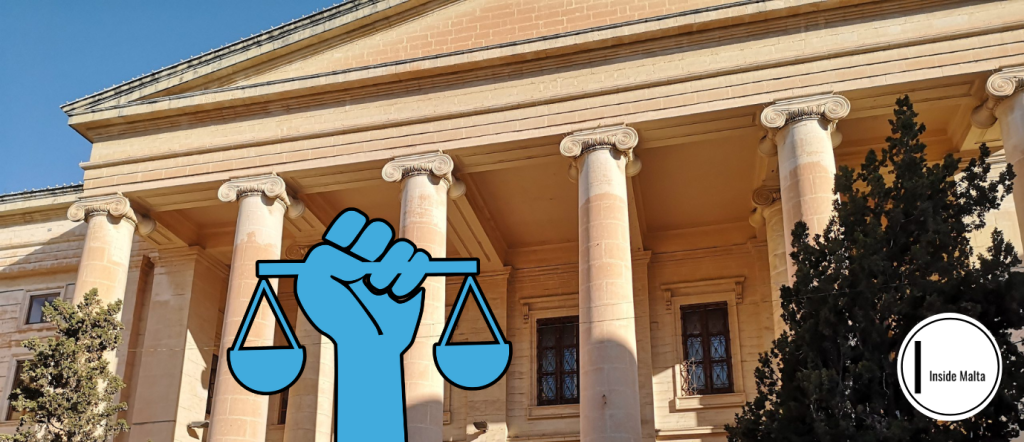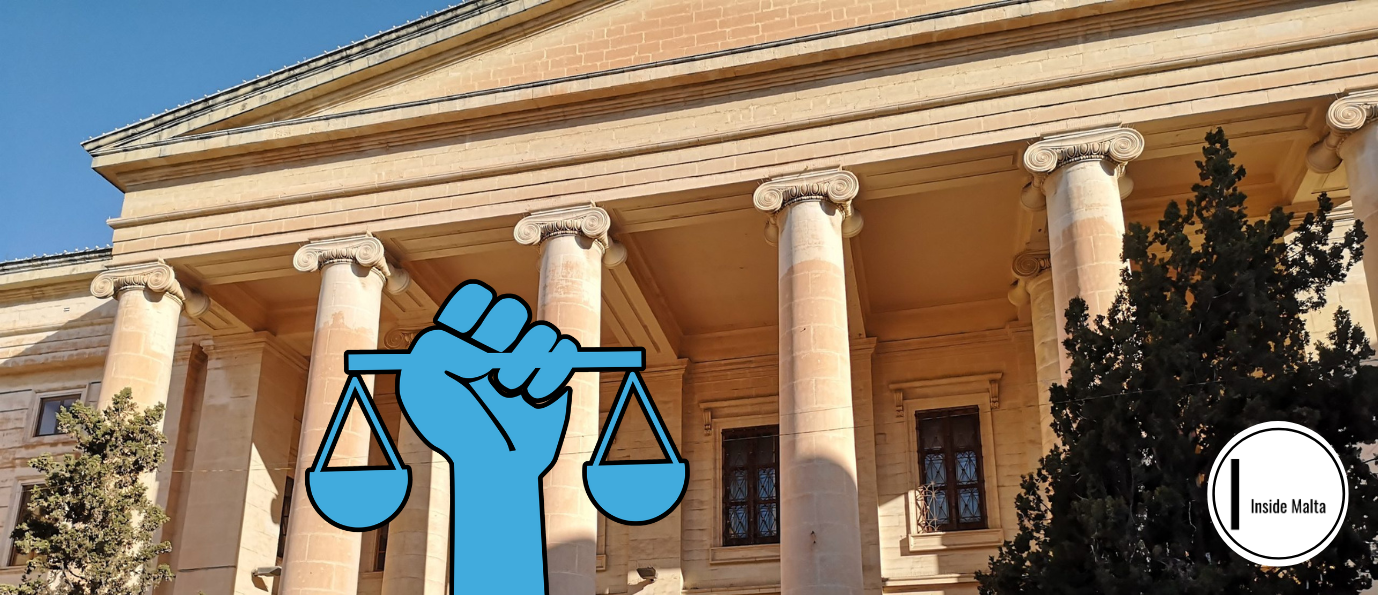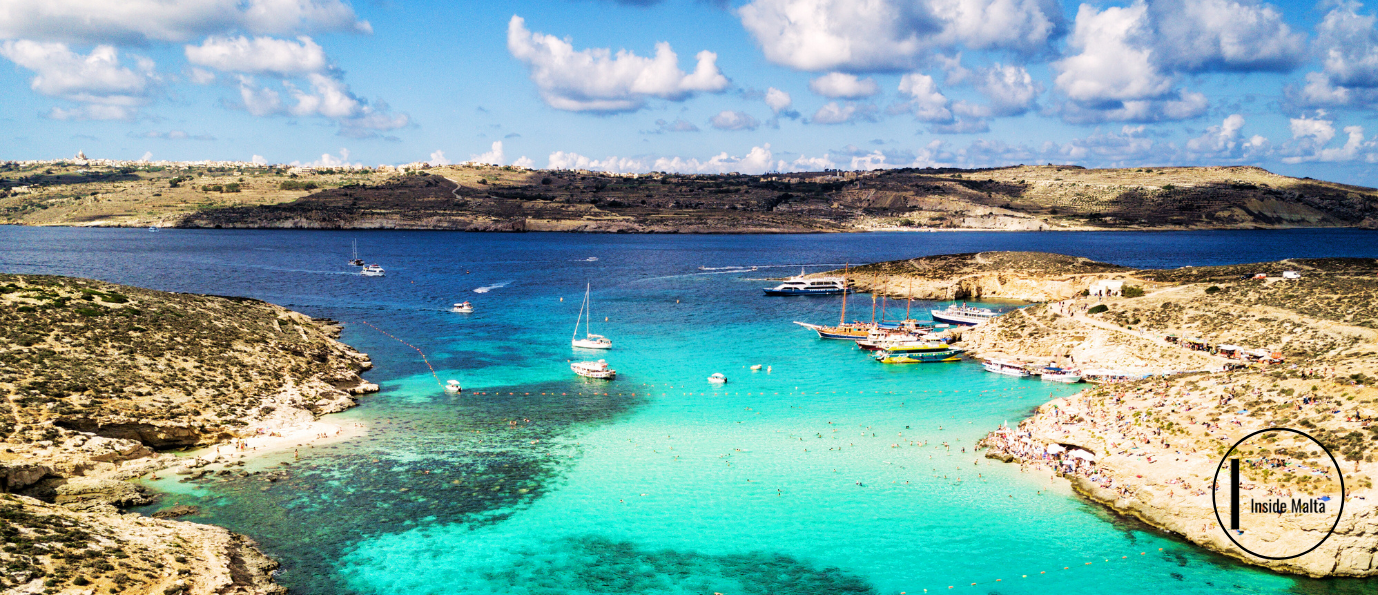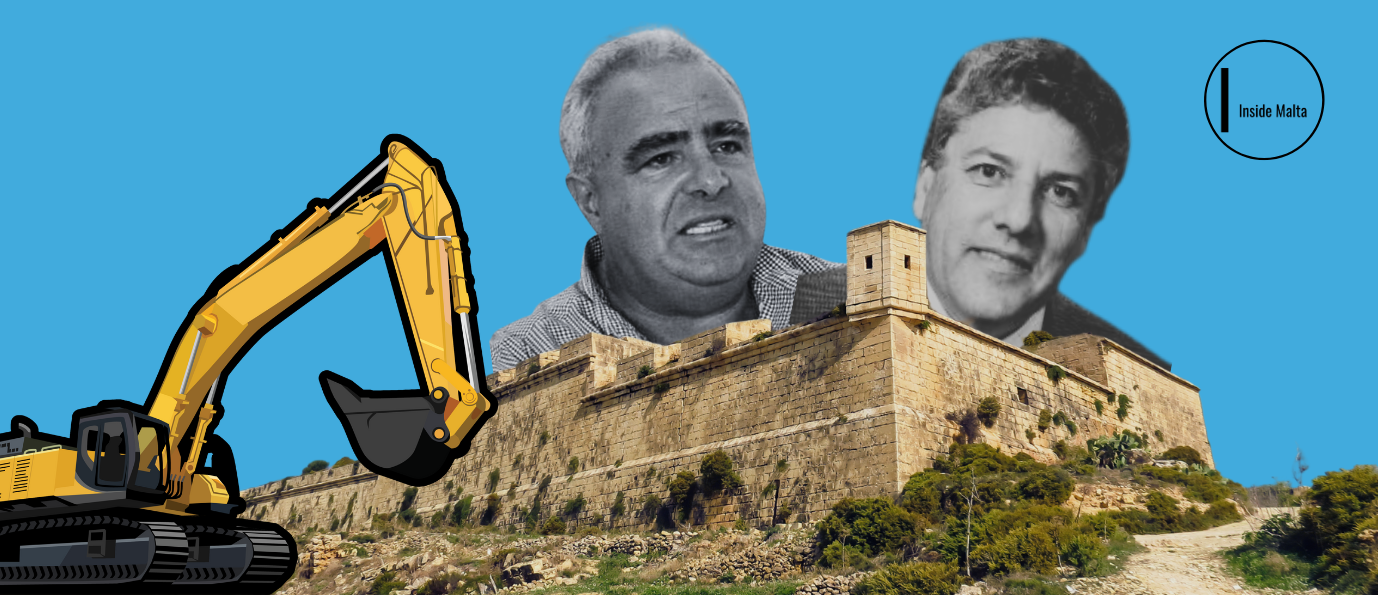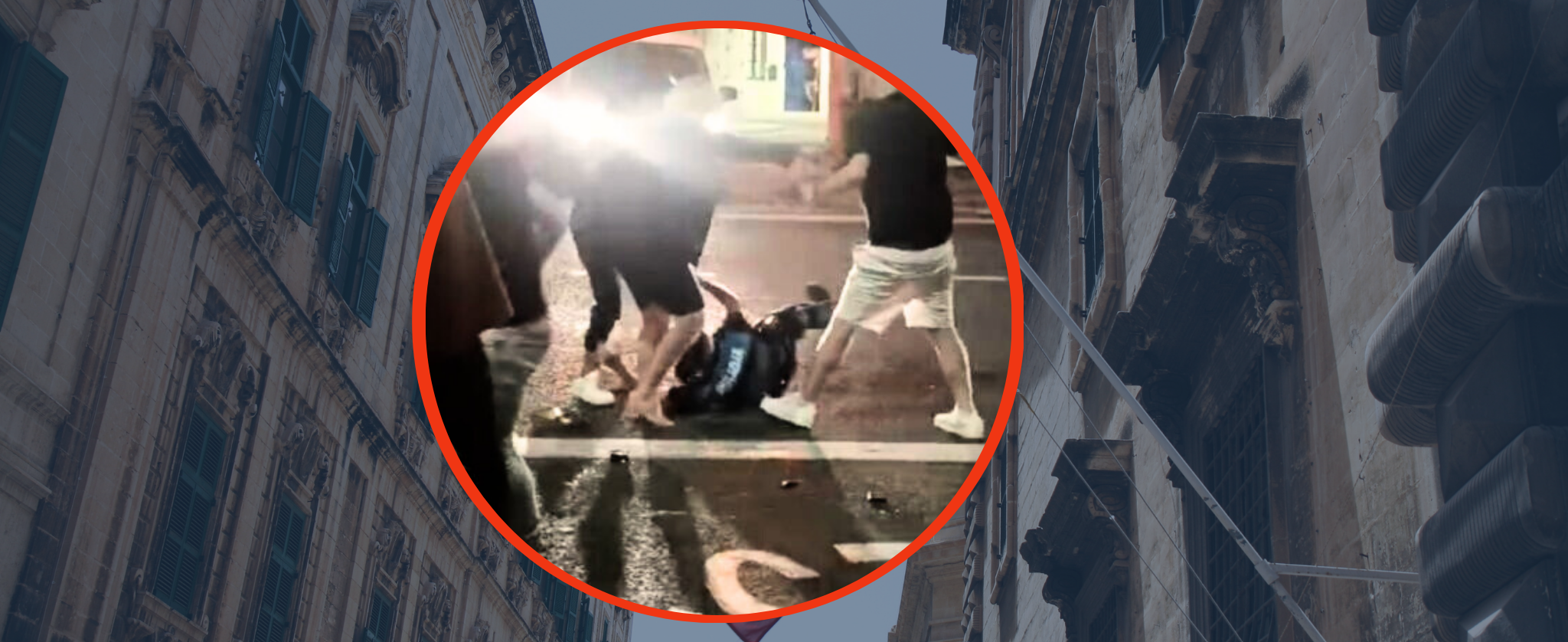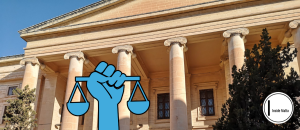The Slow Decay of Accountability in the Malta Judiciary System
Justice is supposed to be blind, but in Malta, it seems to have been given a pair of reading glasses and asked to squint at corruption cases indefinitely. The backlog of unresolved legal battles isn’t just a sign of inefficiency—it’s an intentional tool of those in power. As cases drag on for years, the guilty remain free, the public loses interest, and accountability fades into obscurity. The question is, why does this keep happening? And more importantly, who benefits from it?
The Numbers Don’t Lie: A System in Slow Motion at Malta Law Courts
Malta’s justice system has earned an unfortunate reputation for being sluggish, particularly when it comes to high-profile cases involving political figures or well-connected individuals. Reports have shown that corruption-related court cases can take years, if not decades, to reach a conclusion—if they ever do. Compare this with other EU countries, where judicial efficiency is a fundamental pillar of democracy, and it becomes painfully clear that Malta is falling behind.
A quick look at recent history reveals a pattern: scandals break, investigations are launched, headlines are made, and then? Silence. Cases move at a glacial pace, allowing those implicated to continue their careers unhindered while public outrage cools down. By the time a verdict is reached, if one is ever reached at all, it often feels too little, too late.
Who Benefits from the Delay in Pending Cases Malta?
Justice delayed is justice denied—but for some, justice delayed is justice avoided. The slow-moving judiciary disproportionately favors those who have the power and influence to drag proceedings out until they become meaningless. By the time a case is finally resolved, the political landscape has often changed, key witnesses have disappeared, and the urgency for justice has dissipated.
For politicians, business elites, and other influential figures, the legal system isn’t just a place where disputes are settled—it’s a battlefield where time is their greatest weapon. The longer a case drags on, the easier it becomes to escape real consequences. At best, delays lead to lenient sentences or settlements. At worst, cases are abandoned altogether.
Fear, Politics, and the Judiciary’s Inaction in Justice Malta
Is Malta’s judiciary truly independent, or is it held hostage by political pressure and public opinion? Increasingly, it appears that judges and prosecutors hesitate to make decisive rulings on controversial cases out of fear of political repercussions. No one wants to be the one to deliver a verdict that could upset the wrong people or trigger public unrest.
But fear should never be a guiding principle in the pursuit of justice. The moment the judiciary begins to consider the political implications of its decisions rather than focusing solely on the law, the entire system is compromised. Justice must not only be done; it must be seen to be done. And right now, the people of Malta aren’t seeing much of anything.
Justice Delayed is Justice Denied: The Consequences for the Malta Judiciary System
Every time a case is left to rot in the courts, trust in Malta’s legal system erodes further. Citizens lose faith that their voices matter, whistleblowers hesitate to come forward, and corruption becomes a tolerated norm rather than a criminal act. A justice system that fails to deliver timely rulings doesn’t just harm those seeking justice—it harms the entire country.
On an international level, Malta’s sluggish judiciary does little to inspire confidence among investors or global institutions. Transparency and accountability are key to a strong economy, and when the rule of law appears flexible depending on who is on trial, Malta’s reputation suffers. This isn’t just about politics—it’s about Malta’s future as a credible and functioning democracy.
How Can Malta Law Courts Break the Cycle?
Enough is enough. It’s time to stop treating legal delays as an unfortunate bureaucratic issue and recognize them for what they truly are: a symptom of a broken system. Malta must implement urgent reforms to ensure that cases are resolved efficiently and fairly. Some steps that could be taken include:
- Judicial independence: Ensuring that judges and prosecutors are free from political pressure or external influence.
- Time limits for cases: Establishing legal deadlines for resolving cases to prevent indefinite delays.
- Greater transparency: Keeping the public informed on the progress of high-profile cases to maintain pressure and accountability.
- Investment in judicial resources: Strengthening the capacity of Malta’s courts by increasing funding, personnel, and digital solutions to streamline case management.
Tribal Differences Aside: Malta Can and Must Do Better in Justice Malta
At the end of the day, this isn’t about partisan politics or scoring points against the opposing side. The failure of the judiciary affects every Maltese citizen, regardless of political affiliation. Tribal differences have to be put aside so that we can focus on what truly matters: a functioning, credible justice system that serves the people, not just the powerful.
Malta is capable of better. But that will only happen if citizens refuse to accept this broken system as the norm. Justice must not be a privilege reserved for the few who can manipulate it; it must be a right guaranteed to all. The courts must serve the law, not fear the consequences of enforcing it.
Because if justice never arrives, can we really call it justice at all?


